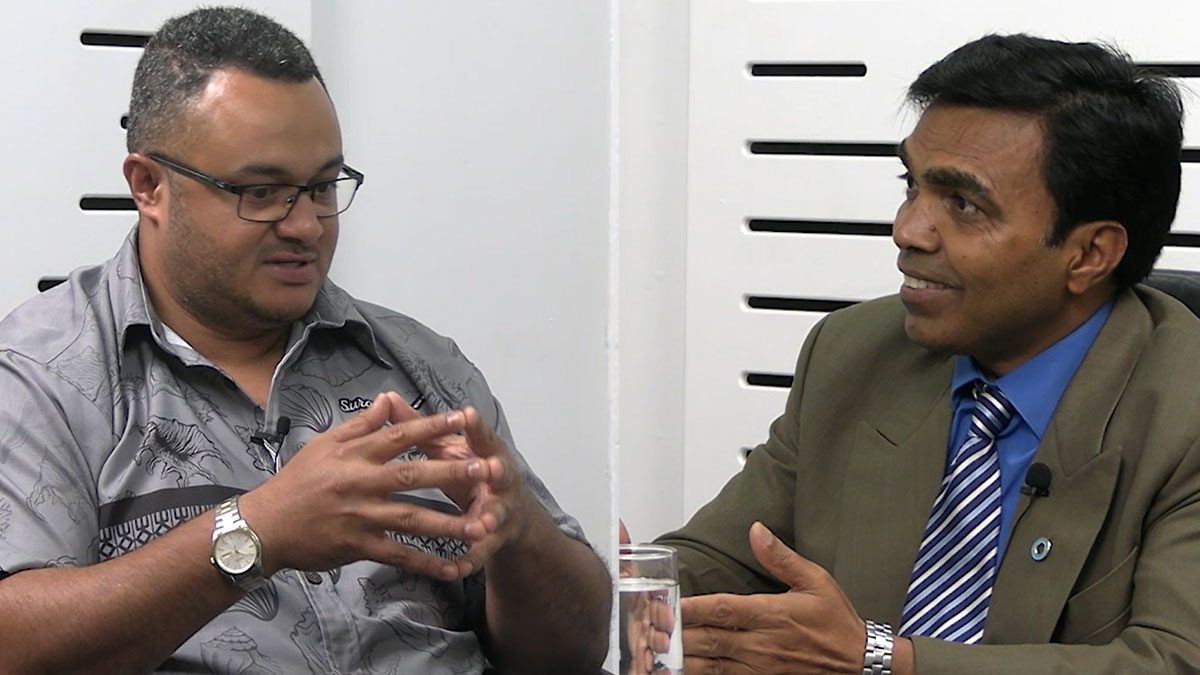
The General Surgeon at Colonial War Memorial Hospital, Doctor Timoci Qereqeretabua and Principal Medical Officer at the National Diabetes Centre, Doctor Momtaz Ahmed appear on fijivillage Straight Talk With Vijay Narayan to dicusss the issue of NCD's, particularly diabetes.
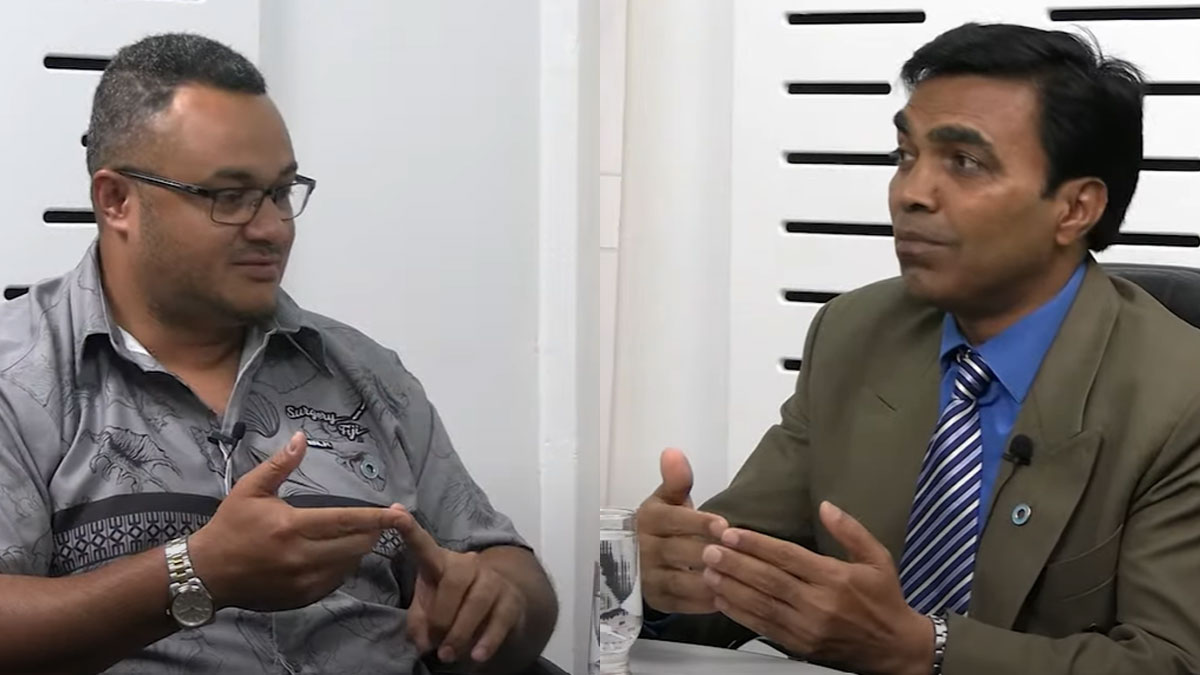
The General Surgeon at the CWM Hospital, Doctor Timoci Qereqeretabua and the Principal Medical Officer at the National Diabetes Centre, Doctor Momtaz Ahmed agree that proper knowledge-based sharing regarding NCDs and healthy living should start at the school level.
While sharing their thoughts during fijivillage Straight Talk with Vijay Narayan on having proper physical education classes in primary and secondary schools that can eliminate the problem of diabetes in the country, Dr Qereqeretabua says this needs to start at the grassroots level, and it needs to start with children.
He says the children’s mindset needs to change as children cannot think and decide on their own when choosing fizzy drinks from water.
Doctor Momtaz Ahmed says they have been discussing that they want to include NCDs in the school’s health curriculum so students have primary knowledge of what NCDs or diabetes is and how to prevent it.
He says the National Diabetes Centre has a school health team that does school visits, where they teach students what food is good for them, what are healthy foods, and how to prevent these diseases.
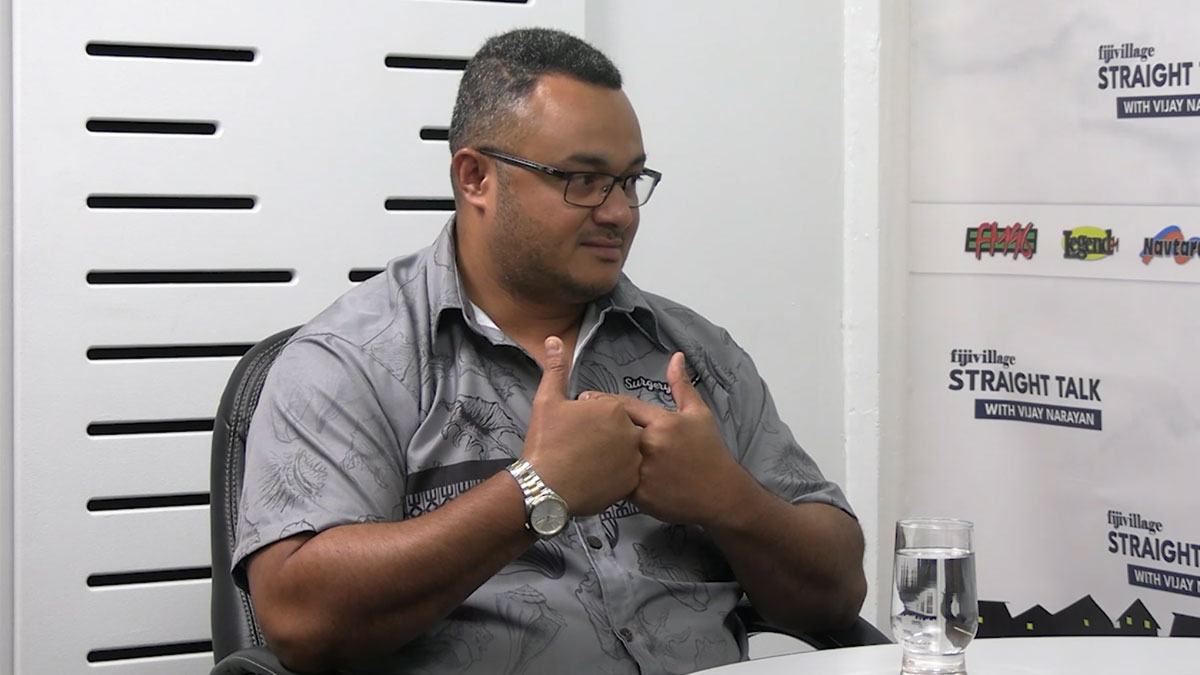
Alcohol plays a big role and increases a person's chances of getting diabetes, and the youngest amputee in the country is a 21-year-old girl.
This was revealed by the General Surgeon at Colonial War Memorial Hospital, Doctor Timoci Qereqeretabua while speaking during the fijivillage Straight Talk with Vijay Narayan.
Dr Qereqeretabua says the high consumption of alcohol by young people is evident when the nightclub closes at 1am.
He says Fijians do not drink every day, but we do binge drinking.
Dr Qereqeretabua says they have noticed in the past 10 to 20 years a change in the lifestyle of people, many young people also drinking a lot of carbonated drinks and ready to drink alcohol mixes.
He says they have also noticed that younger people are being diagnosed with diabetes.
He adds this is pointing them in a direction that our lifestyle is changing very fast.
The General Surgeon says that lifestyle changes are a big cause of Type 2 diabetes and also caused a dramatic rise in diabetes in the country.
He adds that it is estimated that 1 in 3 people in the country might be diabetic.
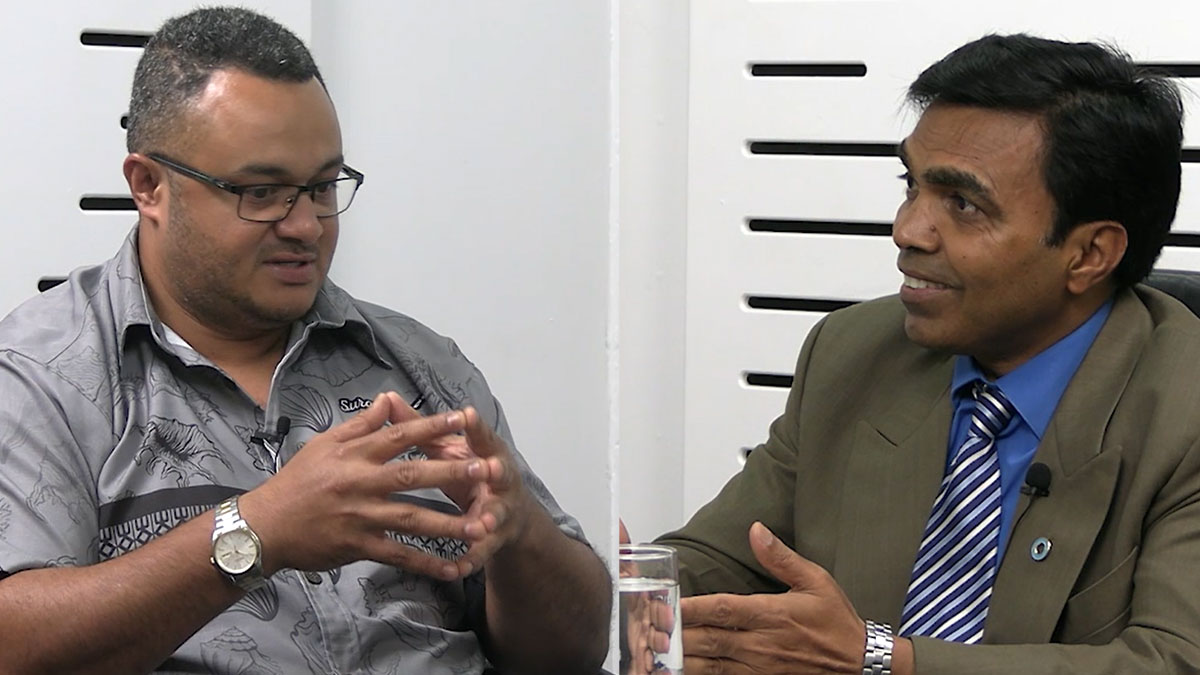
The General Surgeon at CWM Hospital, Doctor Timoci Qereqeretabua says from a research conducted at the CWM Hospital, they have found that i-Taukei men are at the highest risk of getting an amputation based on late presentation of diabetes cases to the hospital.
While responding to a question during fijivillage Straight Talk with Vijay Narayan on the high-risk group in terms of diabetes, Dr Qereqeretabua says in 2017, they had conducted a research to assess who were the high-risk individuals or patients who come in with complications of diabetes.
Those who are obese and do not exercise are at a high risk of getting diabetes.
He says women who develop diabetes during pregnancy, are also in the high-risk category of developing diabetes later.
He also highlighted that a lot of people who come to them for diagnosis do not know they have diabetes, and he is urging everyone to get their blood test as it does not cost any money.
When questioned on the symptoms of diabetes, Principal Medical Officer at the National Diabetes Centre, Doctor Momtaz Ahmed, says there are three major symptoms of diabetes.
He says these are frequent passing of urine, frequently feeling thirsty and excessive feel of hunger. Dr Ahmed says apart from the three major symptoms, diabetes can also be noticed by weight loss and fatigue.
He also highlighted that people need to get tested for their sugar levels at least every 6 months.
You can watch the full Straight Talk interview on our website, fijivillage.
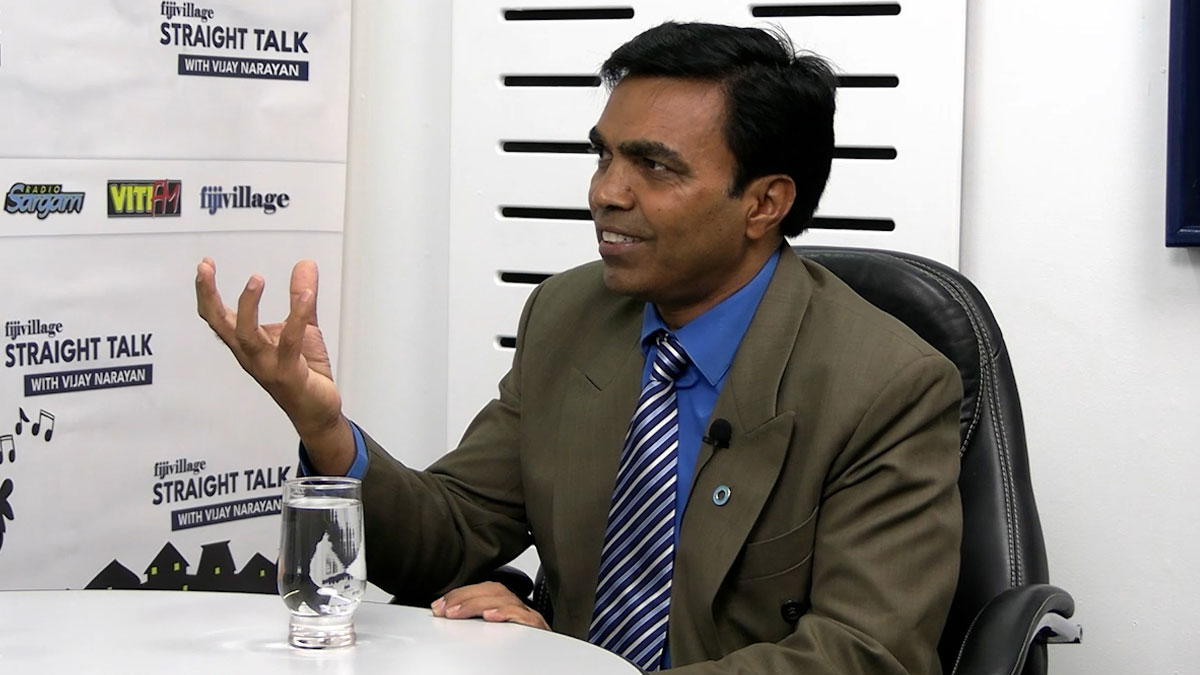
Vunidawa Village is showing people that eating healthy food from farms and gardens and keeping physically active will reduce the chances of a person getting diabetes, ending up getting amputated or dying from lifestyle diseases.
Principal Medical Officer at the National Diabetes Centre, Doctor Momtaz Ahmed revealed on fijivillage Straight Talk With Vijay Narayan that they had conducted screening in Vunidawa Village in Naitasiri last year, where all the 71 people that were screened showed low sugar levels.
He says this is because the villagers are physically active and also ate healthy food planted from their farms.
Dr Ahmed also highlighted that people living along the Suva Nausori corridor have an unhealthy lifestyle, which is resulting in the high rate of lifestyle diseases.
When questioned on what is their message to villagers who come to sell their produce in the market and use that income to buy canned food and ready-packaged food for their families, the General Surgeon at Colonial War Memorial Hospital, Doctor Timoci Qereqeretabua says people should realise the importance of going back to eating healthy food at home.
He says the effects can be seen by our elders and grandparents who live longer and do not get affected by non-communicable diseases.
He says the mentality that things at the shop are better and much more nutritious than food at the farms is false.
Dr Qereqeretabua also highlighted that i-Taukei men have the highest rate of amputation due to diabetes in Fiji, however, from the STEPS survey, it was noted that there are more diabetics in the Indo-Fijian population.
You can watch the full Straight Talk video interview on our website, fijivillage.
Stay tuned for the latest news on our radio stations

